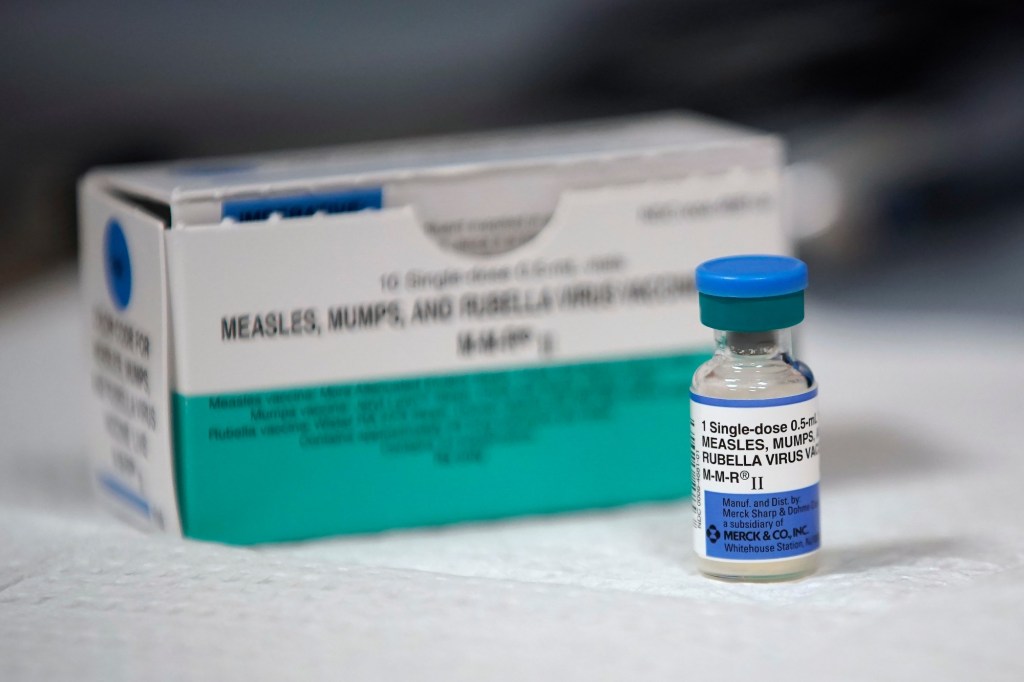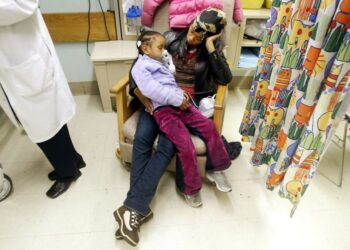Measles, declared eradicated in the U.S. in 2000, is rising again. The nation’s recent cases have many wondering whether they are safe from the highly infectious disease.
Nationwide, at least 35 measles cases have been reported by 15 states this year, according to the CDC.
Here are some answers to commonly asked questions.
Q: I’ve already been vaccinated. Do I need a booster?
A: Short answer: no. The U.S. Centers for Disease Control and Prevention considers people who received two doses of the measles vaccine as children as protected for life, with up to a 97% rate of protection against infection. The 3 in 100 vaccinated people who do catch measles are more likely to have a mild illness, the CDC reports.
Unvaccinated people are thought to have a 90% chance of catching the virus if exposed.
Q: Who needs a vaccine?
A: The vaccine is recommended for everyone born after 1956 who has not previously had measles. Those who have had measles are considered immune.
The CDC generally recommends all children get two doses of the MMR (measles-mumps-rubella) vaccine, at least 28 days apart, with the first dose at 12 through 15 months of age, and the second dose at ages 4 through 6.
The CDC and other major health organizations recommend that adults can and should get vaccinated with at least one dose if they haven’t had measles and haven’t been vaccinated yet, or aren’t sure.
Vaccine side effects are typically mild and pale in comparison to side effects of actually catching the virus. A small number of people may be unable to get the measles vaccine, such as those who have previously had a life-threatening allergic reaction to vaccine ingredients.
The measles vaccine is a live virus vaccine. which means that it shouldn’t be given to pregnant women, the U.S. Department of Health and Human Services advises.
Orlando Health confirms 4 measles cases, but there’s no local spread, state officials say
Q: Where can I get a vaccine?
A: MMR vaccines are likely…
Read the full article here







